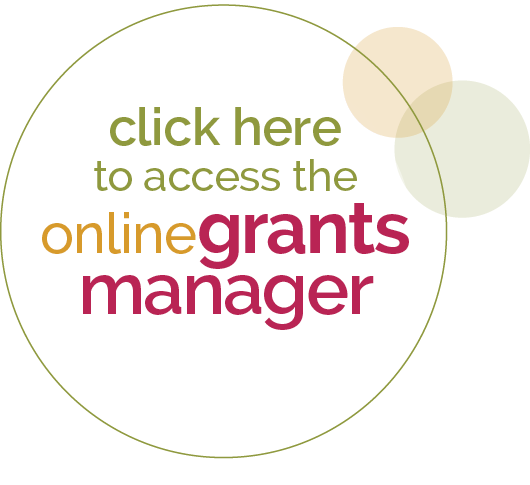
The Greater Watertown Community Health Foundation provides funding through Strategic Grants and periodic Open Grant cycles. Grant requests are only accepted during open grant cycles; each open grant cycle and available opportunities are determined by the GWCHF Board of Directors.
View FY23-24 Grant Awards


The majority of our investments are directed by the Foundation Board through Strategic Grants which are designed to create measurable impact in our five priority areas:
The Greater Watertown Community Health Foundation’s (GWCHF) mission is to inspire collaboration, mobilize resources and encourage innovation that measurably contributes to the wellbeing of our community.
Creating a healthier tomorrow for children and families in Dodge and Jefferson counties relies on the collective capacity of our community. For that reason, Capacity Building Grants fund leadership development and technical assistance to help local organizations further advance their missions.
View the Capacity Building Grant Request for Proposals to learn more about the grant opportunity.
Our Health Equity Grants were created to support equity, diversity and inclusion (EDI) projects or initiatives focused on removing obstacles to health for populations not well served under current systems and policies. The Greater Watertown Community Health Foundation recognizes the dignity and value of every person, envisioning thriving communities where everyone has a fair and just opportunity to be as healthy as possible.
View the Health Equity Grants Request for Proposals to learn more about the grant opportunity.
Our Community Collaboration Grants are open ongoing and are designed to build connectedness in our community. Science teaches us social connections improve physical health and mental and emotional well-being. Community Collaboration Grants support collaborative efforts that build a sense of connectedness between people or create/enhance community spaces where individuals can be active together.
View the Community Collaboration Grants Request for Proposals to learn more about the grant opportunity and application deadlines.
GWCHF makes an effort to minimize sponsorships so that it can use its resources to drive focused improvements in health. However, on a very limited basis, the Foundation will sponsor an educational event or conference if it:
